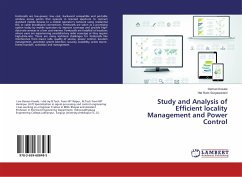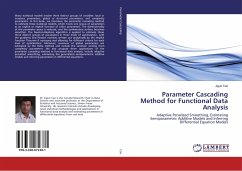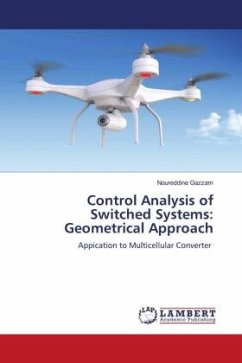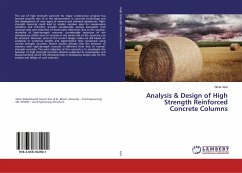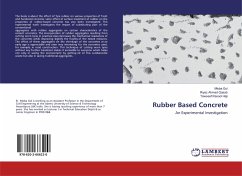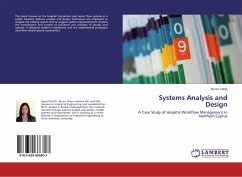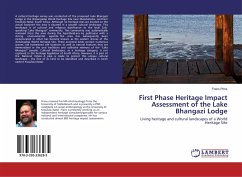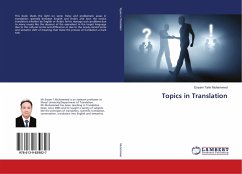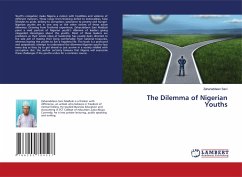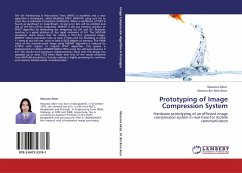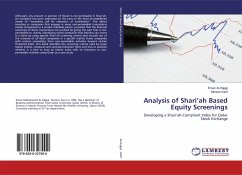
Analysis of Shari'ah Based Equity Screenings
Developing a Shari'ah-Compliant Index for Qatar Stock Exchange
Versandkostenfrei!
Versandfertig in 6-10 Tagen
36,99 €
inkl. MwSt.

PAYBACK Punkte
18 °P sammeln!
Although, any amount or portion of Haram is not permissible in Shari'ah. An exception has been addressed on the basis of the Shari'ah-established maxim of "necessities call for relaxation of prohibition". This allows investing in companies that engage in some non-permissible transactions (mixed companies) to a certain tolerable extent, provided that the financial outcomes of these transactions are purified by giving the part that is not-permissible to charity. Identifying mixed companies that Muslims can invest in is done by using specific Shari'ah screening criteria that exclude out of the un...
Although, any amount or portion of Haram is not permissible in Shari'ah. An exception has been addressed on the basis of the Shari'ah-established maxim of "necessities call for relaxation of prohibition". This allows investing in companies that engage in some non-permissible transactions (mixed companies) to a certain tolerable extent, provided that the financial outcomes of these transactions are purified by giving the part that is not-permissible to charity. Identifying mixed companies that Muslims can invest in is done by using specific Shari'ah screening criteria that exclude out of the universe of all listed companies in a specific market those companies with returns emanating from non-permissible activities beyond certain threshold limits. This book identifies the screening criteria used by seven Islamic indices, compares and contrasts between them and tries to examine whether it is time to have an Islamic index with no tolerance to non-permissible activities using Qatar asa case study.



